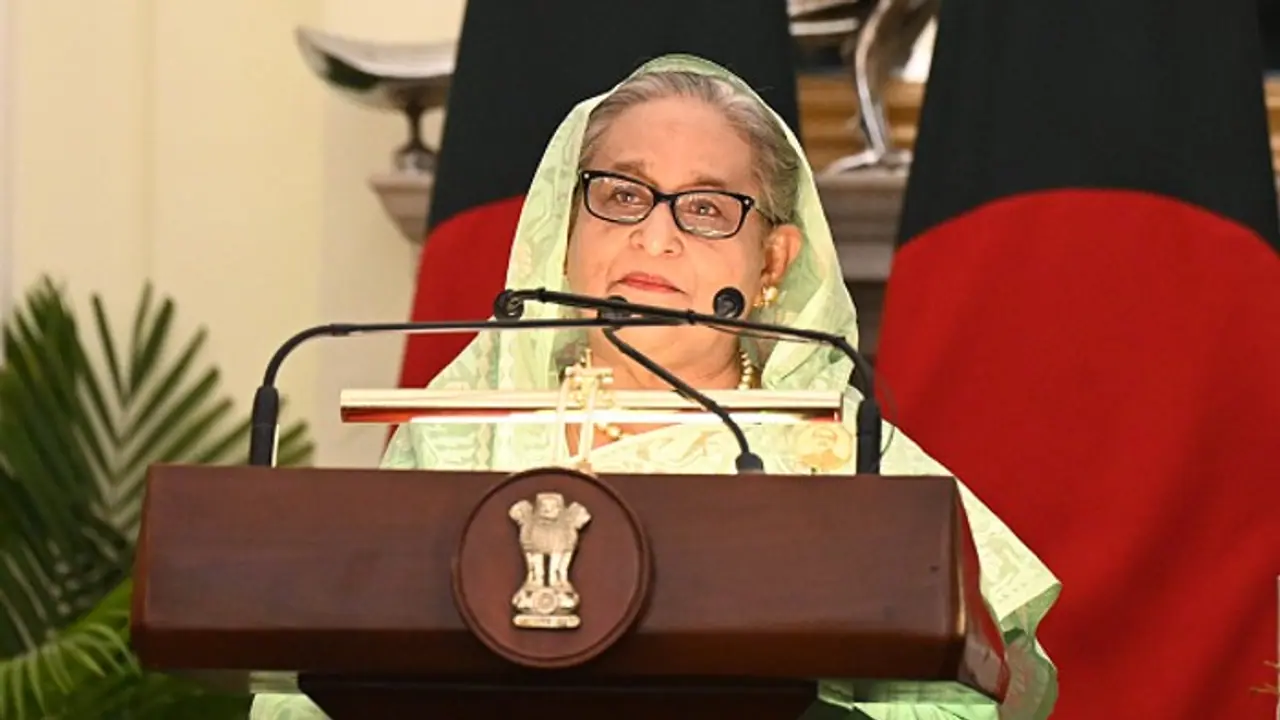A commission investigating enforced disappearances in Bangladesh has reported that at least 200 people remain missing following alleged abductions by security forces during the tenure of former Prime Minister Sheikh Hasina.
A commission investigating enforced disappearances in Bangladesh on Tuesday reported that at least 200 people remain missing following alleged abductions by security forces during the tenure of former Prime Minister Sheikh Hasina. The inquiry was launched by the caretaker government that took power after Hasina was ousted in August during a mass uprising led by students in the capital, Dhaka.

77-year-old Sheikh Hasina fled to neighbouring India amid widespread protests against her government, which has been accused of serious human rights abuses. These include extrajudicial killings of political opponents and unlawful abductions of hundreds, with victims reportedly detained in secret locations.
Since Hasina’s departure, a commission of inquiry under the interim government, led by Nobel laureate Muhammad Yunus, has been investigating these disappearances. The commission revealed that while five individuals have been released from secret detention centers since Hasina’s ouster, the whereabouts of approximately 200 others remain unknown.
"There is no trace of at least 200 people. We have been working to locate them," said Noor Khan, a member of the commission. Investigators reported identifying at least eight secret detention facilities within Dhaka and its surrounding areas, some with cells as small as three by four feet, inscribed with tally marks suggesting prolonged detention.
According to commissioners, the elite Rapid Action Battalion (RAB) was frequently cited in cases of enforced disappearances. The RAB had previously faced international sanctions, including from the United States, for its alleged involvement in severe rights abuses under Hasina’s administration.
Commission chair Moyeenul Islam Chowdhury noted that institutional weaknesses within the government and judiciary had fostered a climate of impunity. "They used the law enforcement agency not in the public interest, but for their own agenda and political interest," he said.
The caretaker government under Yunus has since pledged to address the systemic abuses, with Yunus describing the state apparatus he inherited as "completely broken down." The interim administration has vowed to implement comprehensive reforms to prevent a recurrence of authoritarian rule in Bangladesh.
